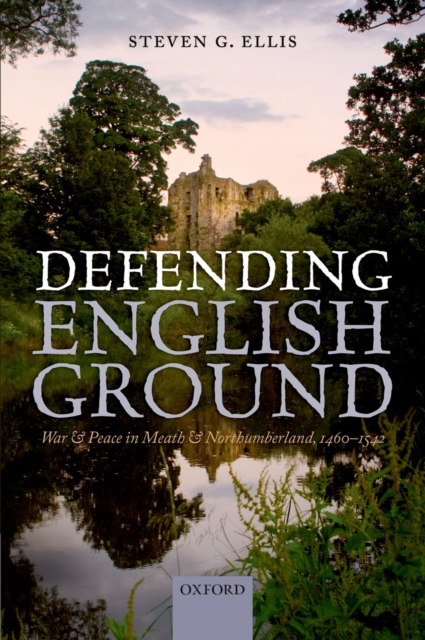
Defending English Ground : War and Peace in Meath and Northumberland, 1460-1542 PDF
by Steven G. Ellis
Description
A key duty of the Renaissance monarchy was the defence of its subjects.
For the English monarchy, the rule and defence from enemies beyond the long-landed frontiers in Ireland and the English far-north proved an intractable problem.
It was not, however, a duty which was accorded a high priority by successive Yorkist and early Tudor kings, nor is it an aspect of state formation which has attracted much attention from modern historians.
This study assesses traditionalarrangements for defending English ground, the impact of the frontier on border society, and the way in which the topography and patterns of settlement in border regions shaped the character of the march and border itself. Defending English Ground focuses on two English shires, Meath and Northumberland, in a period during which the ruling magnates of these shires who had hitherto supervised border rule and defence were mostly unavailable to the crown.
Unwilling to foot the cost of large garrisons and extended fortifications, successive kings increasingly shifted the costs of defence onto the local population, prompting the border gentry and minor peers to organize themselves through county communitiesfor the rule and defence of the region.
This strategy was generally successful in Ireland where the military threat presented by 'the wild Irish' was not so formidable, but in the English far-north Tudor reform, centralized control, and the burden of defence against the Scots soon led to 'the decay of theborders'.
Information
-
Download - Immediately Available
- Format:PDF
- Pages:208 pages
- Publisher:OUP Oxford
- Publication Date:07/05/2015
- Category:
- ISBN:9780191056062
Information
-
Download - Immediately Available
- Format:PDF
- Pages:208 pages
- Publisher:OUP Oxford
- Publication Date:07/05/2015
- Category:
- ISBN:9780191056062






